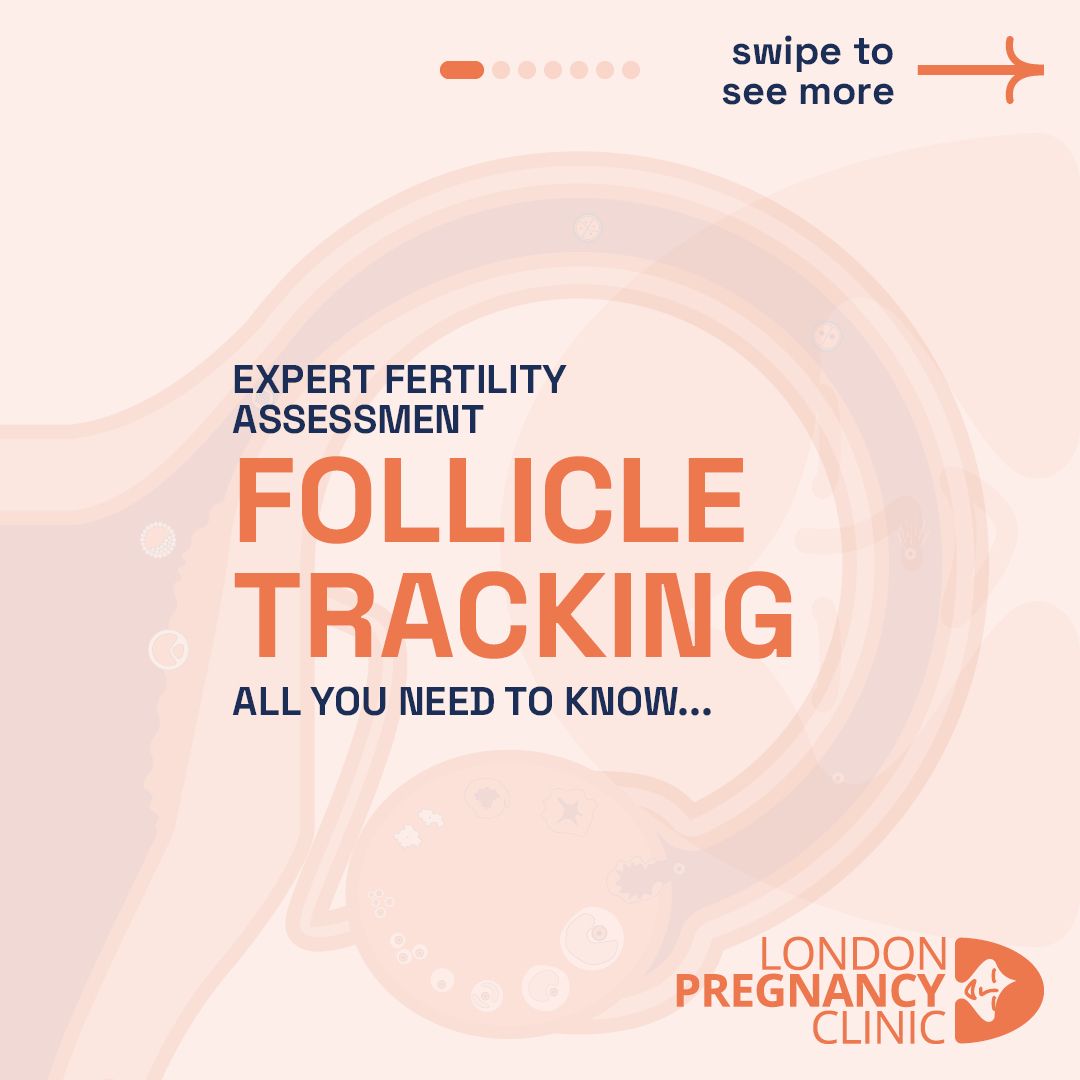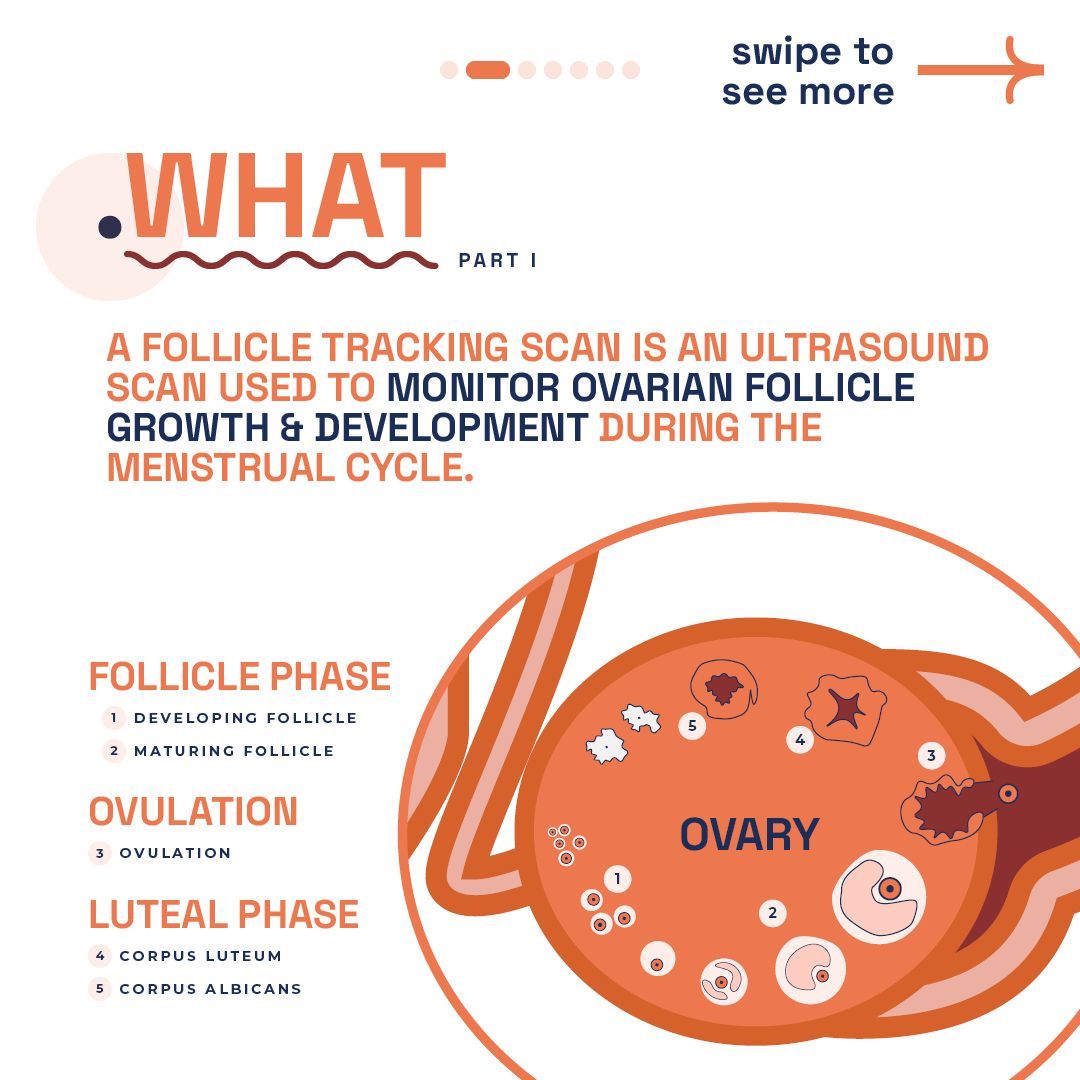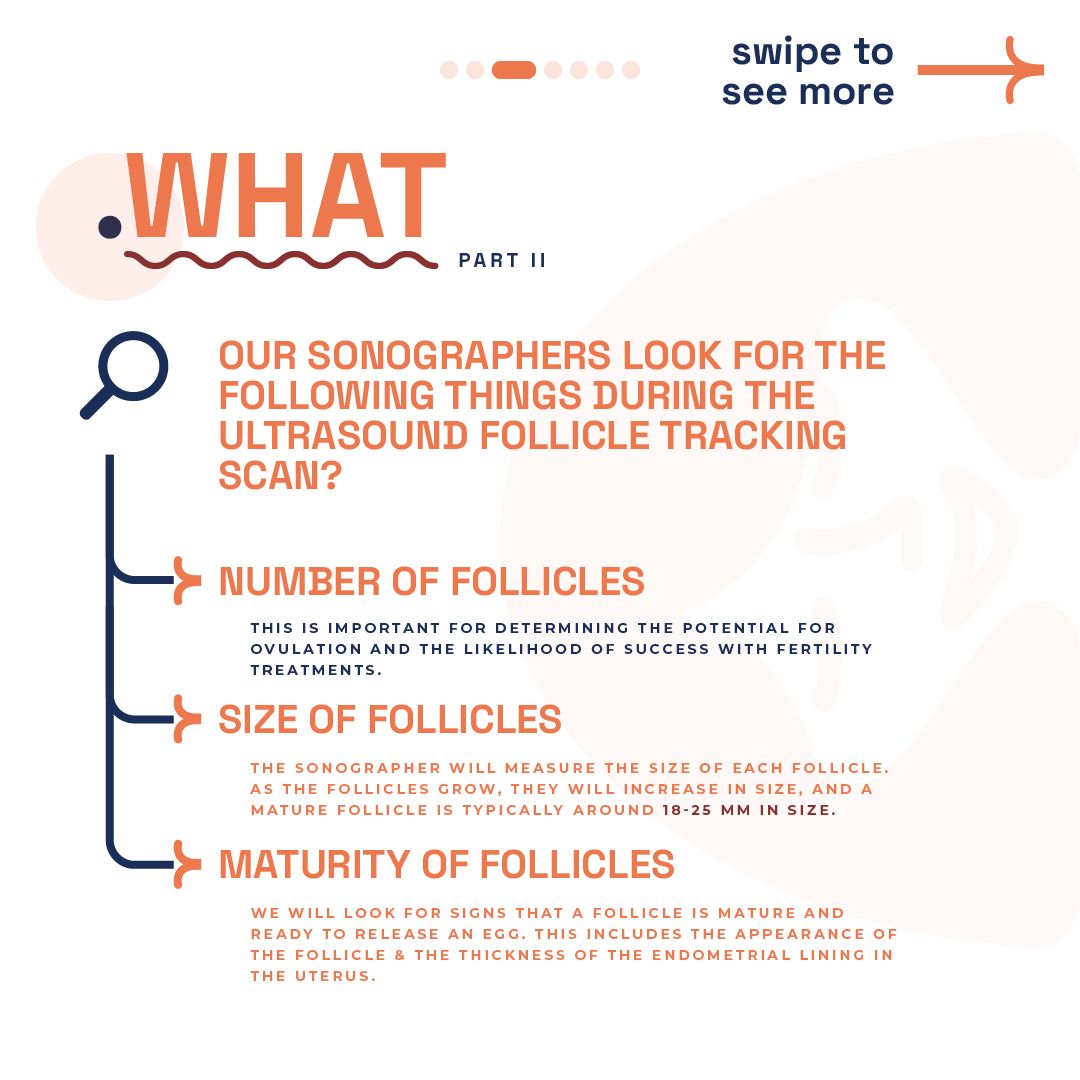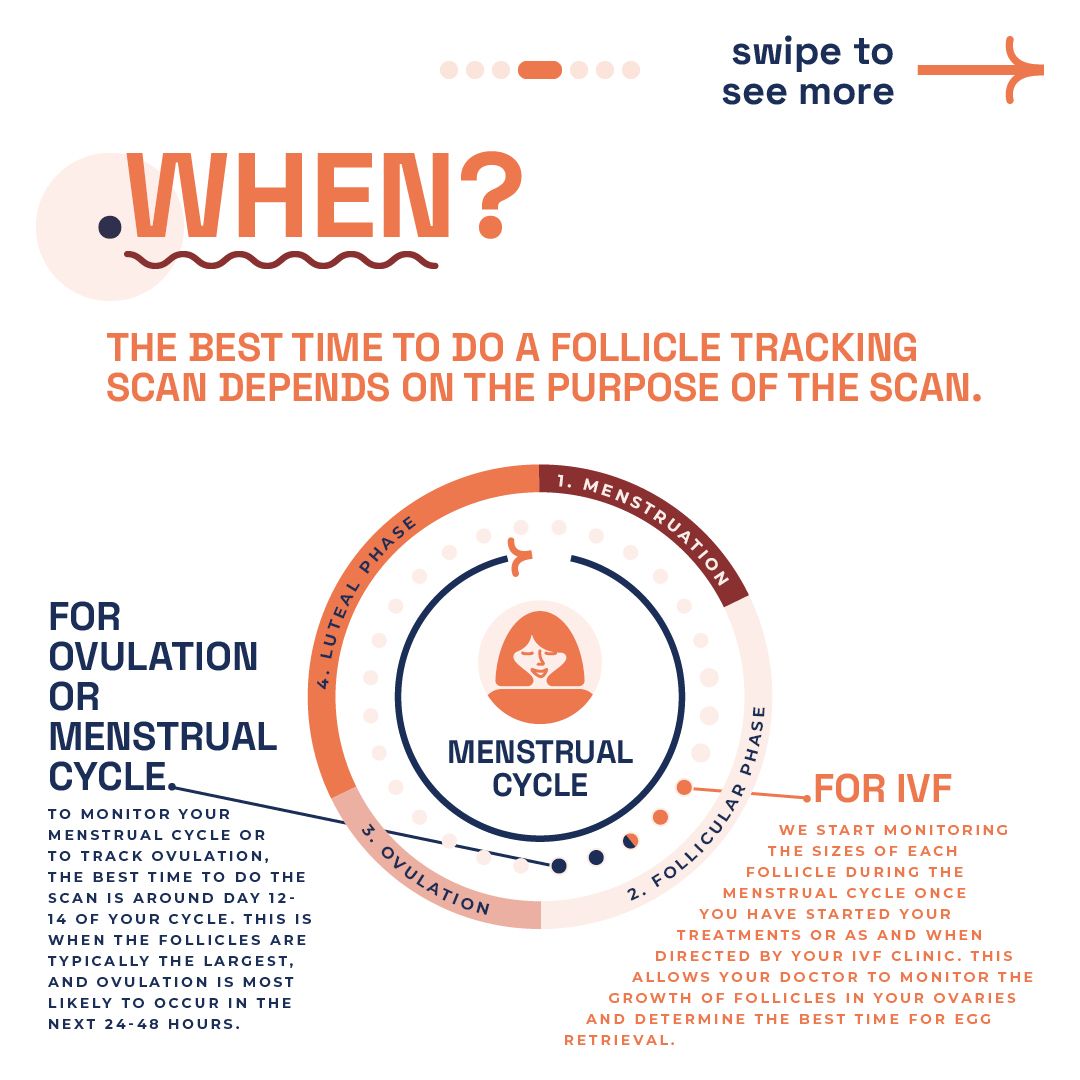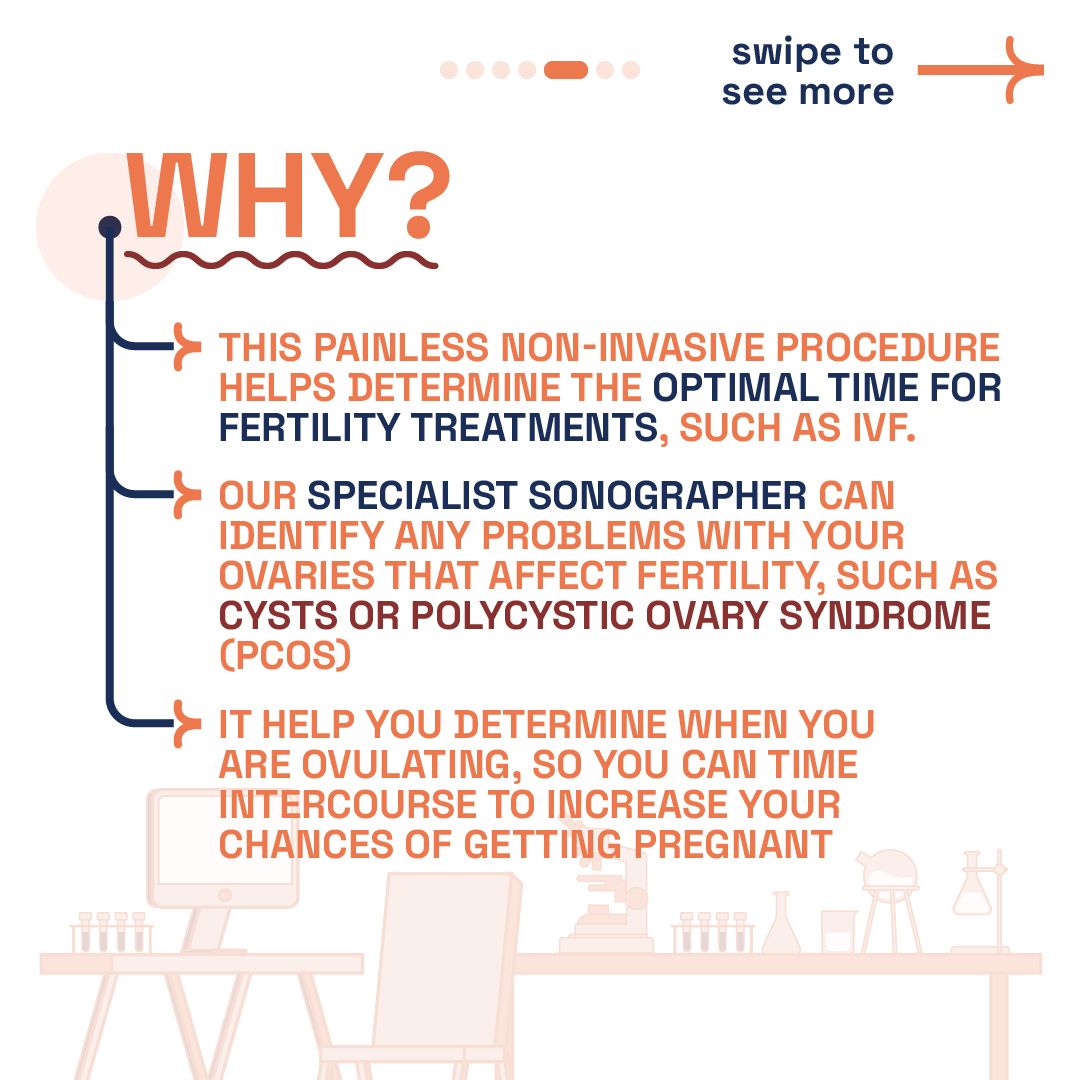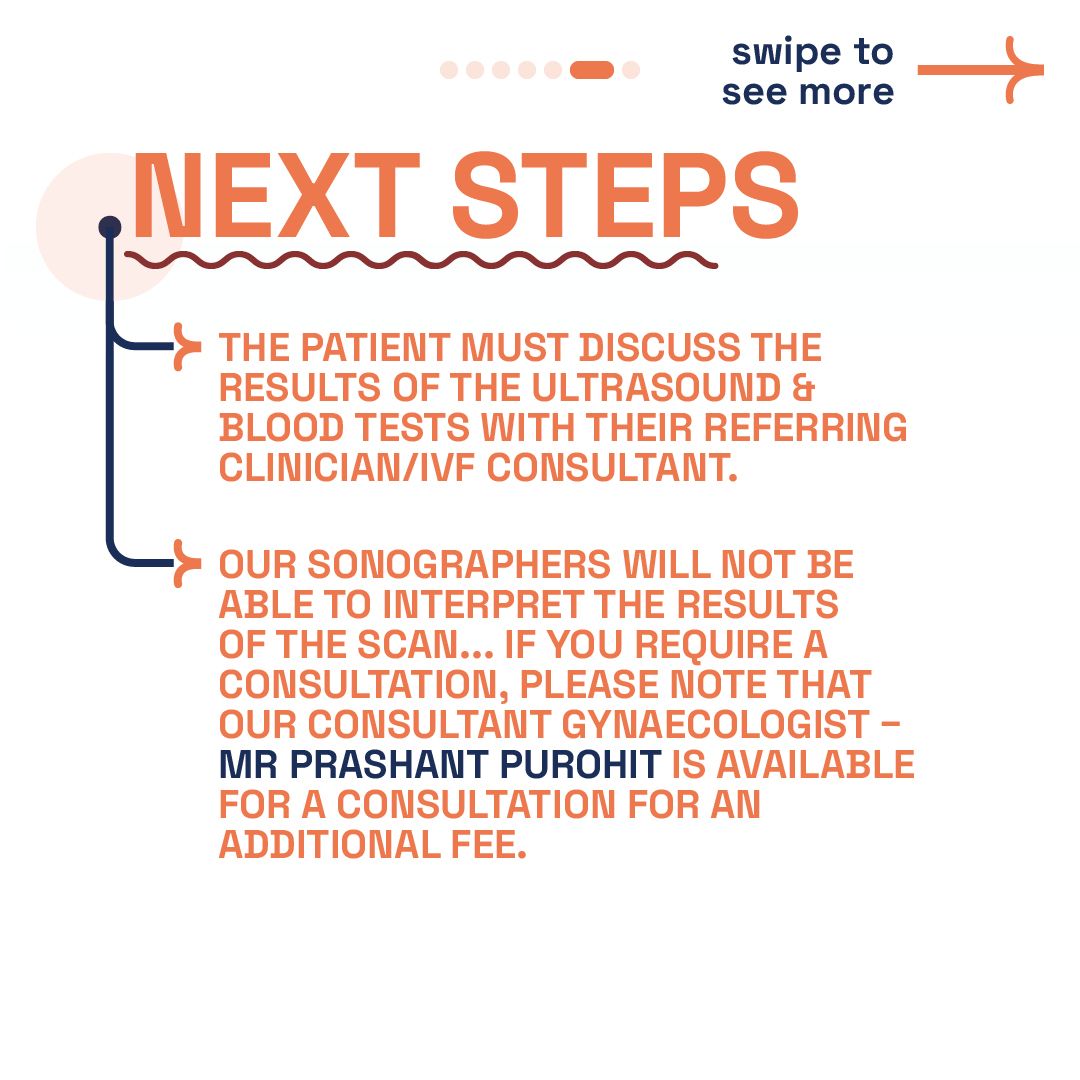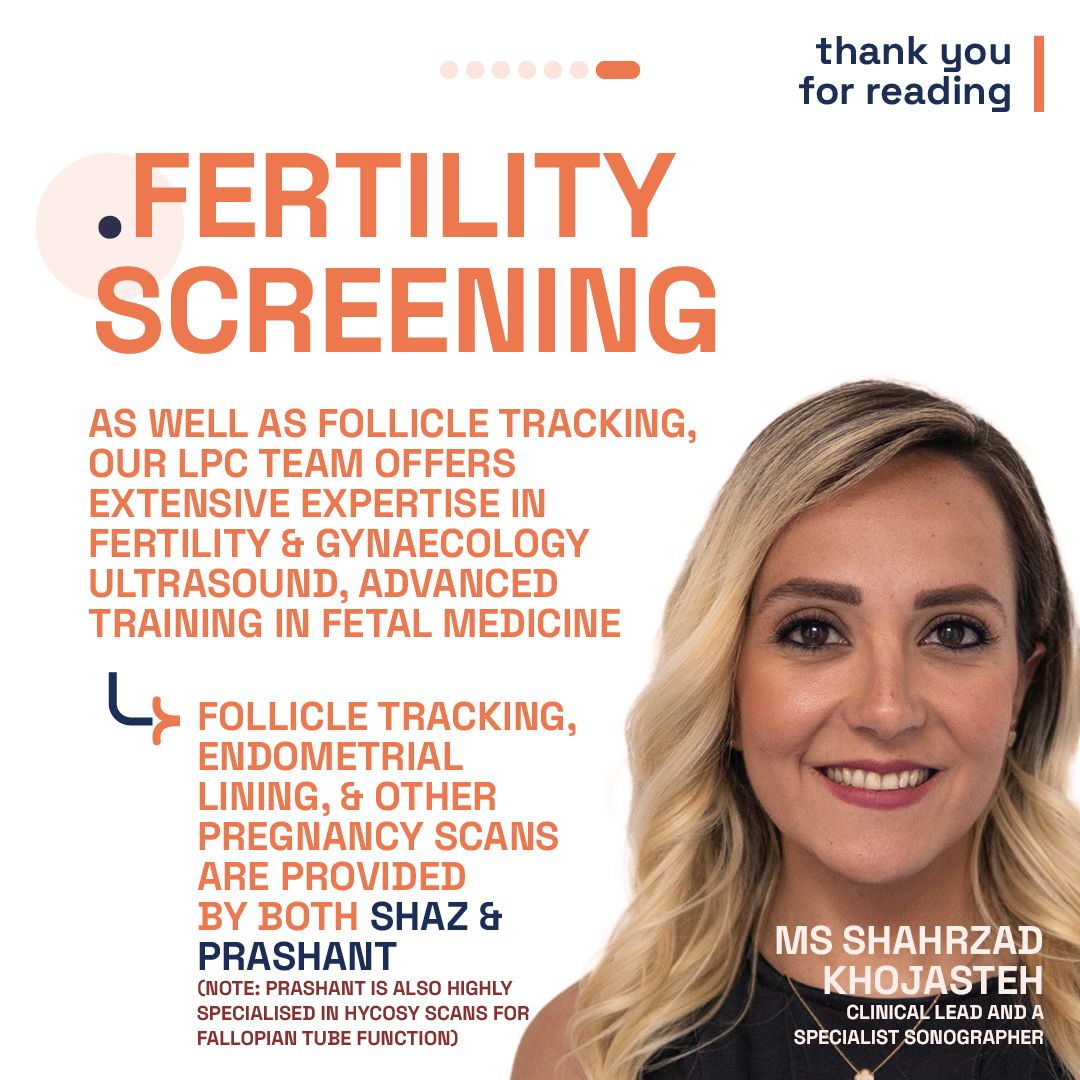Follicle tracking scan explained

Embark on a journey of understanding with our focused insight into Follicle Tracking Scans. This blog post explores three frequently asked questions, shedding light on the significance, process, and benefits of Follicle Tracking Scans. Ideal for expectant mothers seeking early reassurance in their pregnancy, these insights aim to demystify the process and enhance your prenatal experience. Join us as we delve into the world of Follicle Tracking Scans, explained by Shaz.
Pregnancy is a time of joy and anticipation, but it also brings a plethora of questions and concerns, especially for first-time mothers. A key component of early pregnancy monitoring is the follicle tracking scan. In this blog, we explain follicle tracking scans, addressing three common questions to help expectant mothers gain clarity and confidence in their early prenatal journey.
The Basics of Follicle Tracking
Follicle tracking scans are a type of ultrasound scan used primarily in the early stages of pregnancy and fertility treatments. These scans monitor the development of ovarian follicles, which are small sacs containing eggs. Understanding follicle development is crucial for determining the best time for conception and ensuring the health of the pregnancy in its initial stages.
Importance of Follicle Tracking in Early Pregnancy
Follicle tracking is essential for those undergoing fertility treatments or trying to conceive naturally. It helps in pinpointing the ovulation period, ensuring that the timing for conception is optimal. For early pregnancy, it reassures the health and development of the embryo, offering peace of mind to expectant mothers.
Your Experience with Follicle Tracking Scans
During a follicle tracking scan, you can expect a non-invasive and painless experience. The procedure involves an ultrasound, where a small probe is used to visualise the ovaries and the developing follicles. The scan provides real-time images, allowing the healthcare professional to assess and monitor follicle growth and health. You will be asked to use our facilities and have an empty bladder for your transvaginal ultrasound scan. During your appointment, you will be provided with a skirt cover to change into. There will be a private and separate area for you to get changed. If you have specific requirements, please ask, and our team will do their best to accommodate.
Your frequently asked questions about Follicle Tracking Scan:
What is a Follicle? A follicle is a small, fluid-filled sac located in the ovaries of the female. It plays a critical role in female fertility and the reproductive process. Each follicle contains an immature egg, or oocyte, which matures within the follicle.
Is the Follicle Tracking Scan painful? The procedure involves a qualified sonographer gently inserting a slender transvaginal ultrasound probe to obtain clear images of your ovaries. While some women might feel a slight sensation of pressure or mild discomfort, it is generally not painful.
Occasionally, mild cramping or a sense of discomfort may occur during the scan, often related to having a full bladder. This is because the bladder, when full, may exert pressure on the uterus. Rest assured, any discomfort is usually brief and tends to ease off promptly after the completion of the scan.
What affects the number of follicles? The number of ovarian follicles in women is influenced by genetics, age, medical conditions, and lifestyle factors. Genetics play a key role, as women are born with a finite number of follicles that diminish over time. Age further reduces this number, especially after the mid-30s. Medical conditions like PCOS can alter follicle count, often increasing it, which impacts ovulation and fertility. Additionally, lifestyle choices such as smoking and obesity, along with environmental toxin exposure, can negatively affect follicle numbers, potentially leading to decreased ovarian reserves and earlier menopause.
Conclusion
Understanding the role and process of Follicle Tracking Scans is a vital part of your pregnancy journey. These scans offer invaluable insights into the early stages of pregnancy, aiding in conception and providing reassurance. If you have more questions or need personalised advice, we invite you to contact the London Pregnancy Clinic for more information.

